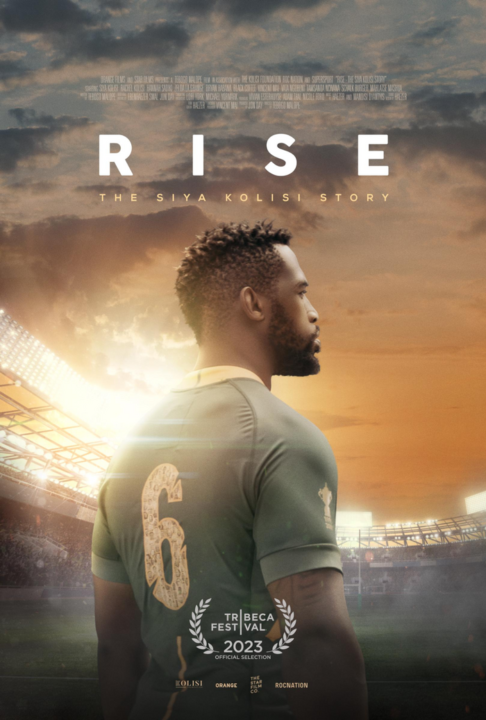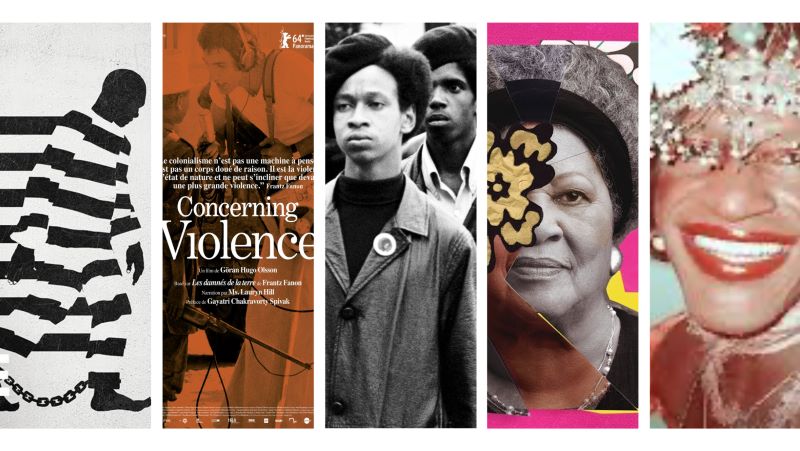Both New Zealand and South Africa are bidding to become the first nation to win the Rugby World Cup for a fourth time when they meet in the final on Saturday, October 28, 2023. The Springboks and the All Blacks have had an interesting history in the Rugby World Cup. South Africa has faced every other team in the top six of the current world rankings en route to this year’s final.
South Africa’s first involvement in a Rugby World Cup was as hosts in 1995, following a sporting ban which prevented them from participating in the first two editions. Following their 1995 triumph, South Africa had to wait 12 years for a second World Cup win when they beat England 15-6 in Paris. It would be another 12-year wait before the Springboks lifted the Webb Ellis Cup with the country’s first-ever Black captain in Japan in 2019.

Siyamthanda Kolisi, better known as Siya, is the first South African captain to take the Springboks to the finals as the reigning champion. He looks to join Richie McCaw as the only skipper to win back-to-back tournaments. Siya’s journey to becoming the first Black captain of the Springboks is a journey that has not been easy and is truly inspiring.
Born on South Africa’s Youth Day (June 16th) in 1991, Gqeberha was previously named Port Elizabeth, Eastern Cape. Brought up in Zwide, one of the most impoverished townships on the outskirts of Gqeberha, his upbringing was characterized by poverty and he was raised by his paternal grandmother. Kolisi started playing rugby at the tender age of seven whilst at Emsengeni Primary School (where he met his longtime mentor Eric Songwiqi) when he joined the local rugby team, African Bombers Rugby Club. It would be five years after his joining African Bombers, at 12 years, that Kolisi finally received a scholarship at one of the most prestigious schools in the country, Grey Junior School.
It was not until he was 16 did Kolisi’s high school rugby career takeoff, the very same year that he lost his mother. For the remainder of his high school years, the Kolisi name would be a regular in Grey’s 1st XV, EP U18 Craven Week, an important interprovincial tournament, and the South African Schools teams. It was from there that his career began to blossom, joining the Eastern Province Kings academy set-up, before moving to Western Province in 2010. It was here, at the age of 17, that he made his professional debut.
Through his hard work and determination to succeed, Kolisi won the U19 ABSA Currie Cup with Western Province in his first year in 2010. The following year he would graduate to Western Province’s Vodacom Cup team and indeed the Junior Springboks (Baby Boks) team that came fifth at the World Rugby U20 Championship (formerly known as the International Rugby Board Junior World Championship).
Kolisi was made Springbok #851, and his debut was against Scotland in Nelspruit in 2013. South Africa won 30-17, overcoming an 11-point deficit. He scored his first international try in Durban against France in June 2017 and was named Man of the Match. He was named the vice-captain of the Springboks in 2017 under Coach Allister Coetzee. He emerged as one of the few standout performers in what was one of the worst seasons for the Springboks in recent history. Kolisi was selected as the new captain of the Stormers in February 2017. He was selected as the new captain of the Springboks in May 2018, becoming the team’s first Black captain in its 126-year history.
Kolisi lifted the trophy after a dominant 32-12 win over England in Japan in 2019. The success of Kolisi and his team at the 2019 Rugby World Cup mirrored that of the class of 1995 under the leadership of Francois Pienaar. It was a beacon of hope and a much-needed source of patriotism and emphasis on unity that has been so dearly needed in South Africa over the last few years. When South Africa first lifted the World Cup in 1995 there was just one Black player in the squad.

In 2021, Kolisi released his autobiography Rise, and he now brings his carefully considered story to the screen with a documentary that has been in meticulous production for the better part of the past three years. The title of the documentary and the autobiography also serve as a message to encourage others to ‘rise’ up from any circumstances or challenges, while most importantly it is also the English meaning of Kolisi’s mother’s name Phakama, whom he honors through the messaging of this documentary.
“I’ve been surrounded by strong women who have played a very important role in my life,” said Kolisi. “That’s been the story of my life, being raised by my grandmother, then my aunt looking after me, and having a relationship with my mom close to the end of her life. My wife Rachel has also been the pillar of our family. Without her, I don’t think I would be where I am today.”

In response to the COVID-19 pandemic in South Africa, Kolisi and his wife launched The Kolisi Foundation in 2020. The foundation aims to change the narratives of inequality in South Africa. The focus areas of the Kolisi Foundation address the systemic issues in Gender-Based Violence, Food Insecurity, and Education and Sport, with special attention paid to Zwide township where Kolisi grew up, and other under-resourced areas of South Africa. In July 2020, Kolisi was named a UN Global Advocate for the Spotlight Initiative to eliminate violence against women and girls. Earlier this year, The Presidency of South Africa announced that Kolisi would be bestowed the Order of Ikhamanga in gold for his inspirational leadership and contribution to rugby.
Source

Boitumelo Masihleho is a South African digital content creator. She graduated with a Bachelor of Arts from Rhodes University in Journalism and Media Studies and Politics and International Studies.
She’s an experienced multimedia journalist who is committed to writing balanced, informative and interesting stories on a number of topics. Boitumelo has her own YouTube channel where she shares her love for affordable beauty and lifestyle content.





